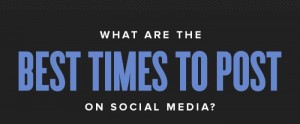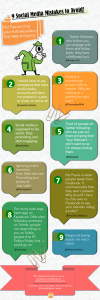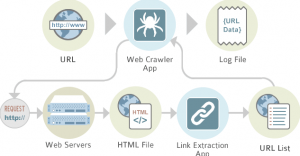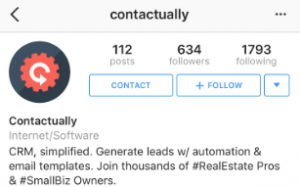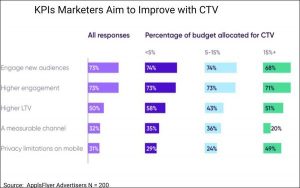‘Word of Mouth’ Generating More Marketer Buzz

In our digital world, search engine marketing has become a powerful tool to grow your presence and drive traffic via paid and unpaid strategies. “Search,” specifically “Google search,” continues to be a strong area of focus for brand-side marketers.
Nowadays, when someone decides to make a purchase, they typically start with an online search – often with a product, vendor or criteria in mind. With more transactions taking place online, it’s critical that marketers take active steps to satisfy search intent and fine-tune their existing content so that it’s discoverable through search engines like Google.
“Word-of-mouth” (WOM) marketing as we know it has also changed with the times, taking on a new meaning in the context of an almost entirely digital landscape. Traditional WOM marketing relied on customer referrals around products and services, however, today’s overly saturated marketplace requires companies to generate amplified WOM through marketing campaigns in which ambassadors actively promote your offerings on their social networks. Intent data shows that WOM has risen and fallen a number of times since December, but it’s currently on the upswing, as measured by Bombora Company Surge.
When we consider the buying habits of Millennials – the largest living adult generation with the collective spending power of approximately $1.4 trillion – it’s important to acknowledge their preference towards digital formats and ensure your brand is visible online. They are also more likely to spend more time researching their purchases than other age group so brands must be ready to deliver in the research phase.
Tech-savvy, socially conscious, and increasingly experience-driven, Millennials want information to be available when they need it, where they need it, and in the formats they need.
Trust is also a major factor for Millennials when making purchase decisions. This is especially true in the B2B space. According to research by B2B International, Millennials are significantly more likely to agree that “online peer reviews for B2B products and services are not reliable sources” (36%, compared to 25% for older generations). This means that brands will need to work twice as hard to increase brand affinity and build stronger brand loyalty among the most sophisticated and discerning buying audience segment to date.
(54)


